Description
Abstract
This project looks at Jeanpaul sartres notion of absolute freedom, an ethical analysis and its implications for contemporary society. The dichotomy herein clarified is between the extreme version of a phenomenology of human action, freedom, as posited by Sartre, which avers that man’s freedom is absolute implying that his actions are without any restrictions, and the moderate version which posits that man’s freedom is necessarily guided hence, restricted. The study of the actions of man establishes that freedom is an attribute exclusive to man and is one of the major differences between himself and other brutes. All the actions and conducts of man are resultant from the choices he makes owing to his freedom. To choose or not to choose, is already a choice which brings about an action. The manner in which freedom is understood and therefore expressed, determines the well-being of the self and the society at large. An ethical analysis reveals therefore that, when freedom is perceived as absolute, devoid of any restrictions whatsoever, detrimental consequences follow suit. These corollaries can result to the decay of society.

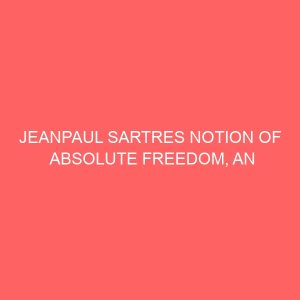


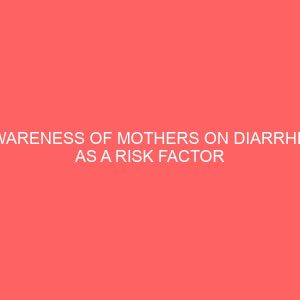
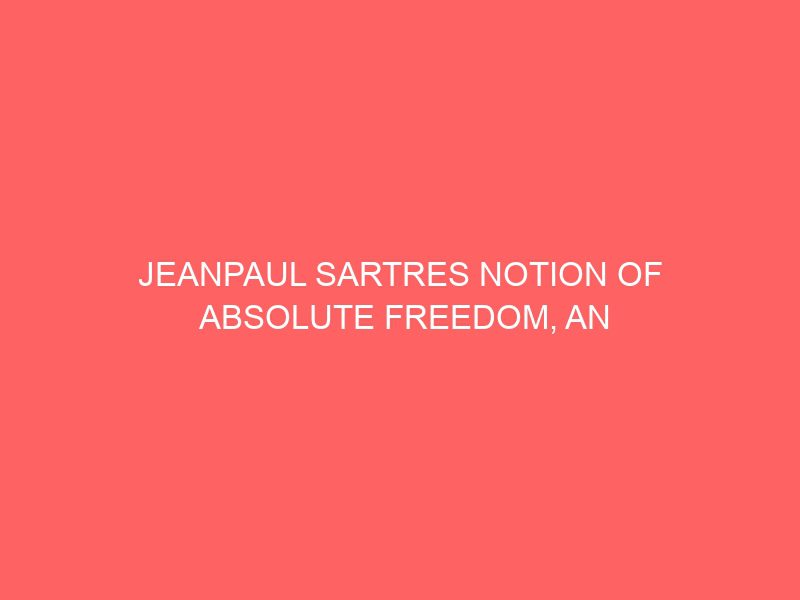
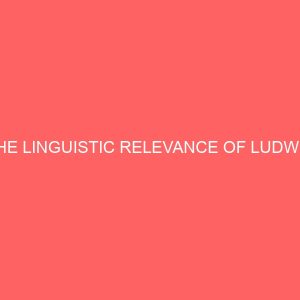
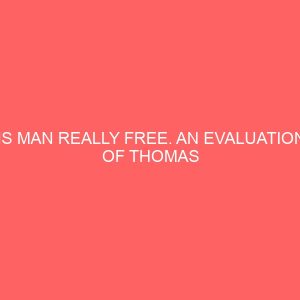
Reviews
There are no reviews yet.